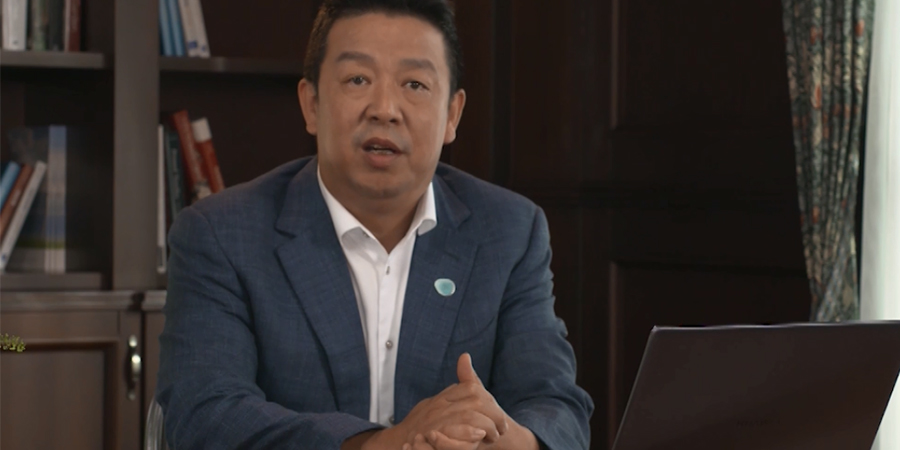Huawei has called for global partners to join the TECH4ALL digital inclusion initiative, which aims to build a more inclusive and intelligent world that leaves no one behind.
Huawei's TECH4ALL initiative focuses on four areas: driving equity and quality in education, conserving nature with technology, driving inclusion and accessibility in health, and using ICT to boost rural development. It focuses on digital technologies, application enablement, and digital skills, and works with global partners to promote and expand digital inclusion to help achieve the UN Sustainable Development Goals (SDGs).
At present, more than 60,000 teachers and students benefit from TECH4ALL projects in over 200 schools worldwide. Digital technologies have been deployed to improve resource management and biodiversity conservation efficiency in 22 natural reserves around the world. Huawei smartphones provide 15 accessibility features and are used by about 10 million users each month. Huawei’s RuralStar solution provides mobile Internet services for more than 60 countries and regions, covering more than 50 million people in remote areas.
UNESCO and Huawei jointly launched technology-enabled Open Schools, a three-year partnership program this project in July 2020 that is that is rolling out in Ethiopia, Egypt, and Ghana. The project explores future schooling models, contributing to UNESCO’s global initiative on the future of education.
Vodafone Foundation’s Instant Network Schools program, aims to bring high-quality education to refugees and host communities, with plans to connect 500,000 refugee students and their communities by 2025. Huawei is one of the partners for expanding connectivity to more schools in Africa.
Close the Gap’s DigiTruck Program are green, solar-powered mobile classrooms converted from shipping containers. They are equipped with recycled ICT devices and provide training for young people in digital skills. Huawei has supported this program in Kenya and France. Later this year, Huawei and Close the Gap will implement the project in Ethiopia.
The Tech4Nature initiative – an IUCN-Huawei partnership that aims to develop scenario-specific technologies to safeguard natural ecosystems in 300 protected sites by 2023. Currently, the project is running in Thailand, Spain, Mauritius, Switzerland, and China. A Mauritius project, aims to protect and restore the African island nation’s rapidly vanishing coral reef using AI-powered real-time video monitoring, which can be transmitted to experts, both local and worldwide.
Continuing the environmental track, Rainforest Connection and Huawei’s Nature Guardian system, uses acoustics technologies to monitor endangered species and alert rangers to threats like illegal logging and gunshots. The Guardian platform supported by Huawei cloud is provides a lifeline for the nation’s endangered Darwin’s fox, fewer than 1,000 of which are thought to remain in existence.
Smart and networked monitoring technologies are a crucial tool for nature conservation. Acoustics solutions have been deployed in England to protect the increasingly rare red squirrel, which is threatened by the invasive and vastly more populous grey squirrel. At Hainan National Park Research Institute, acoustics monitoring is key to improving conservation of China’s critically endangered Hainan gibbon, with a view to doubling its population in 15 years.
Huawei believes that partnerships are the fuel that powers progress in TECH4ALL’s environment and education domains, as well as in the initiative’s other two domains – health and development.
“If you want to walk fast, walk alone. If you want to walk far, walk together,” said Tao Jingwen, board member and director of the corporate sustainable development committee, Huawei in his opening remarks. “We believe that more partners will work with us to advance the TECH4ALL action plan in the future. Join us for a more inclusive, intelligent world where no one is left behind.”
